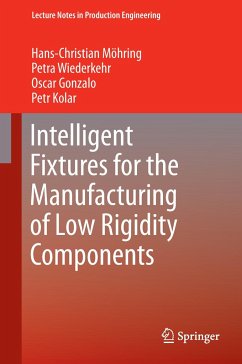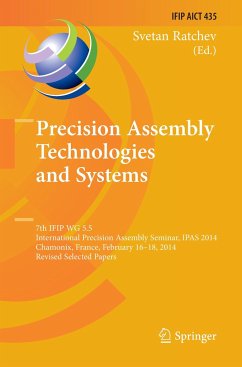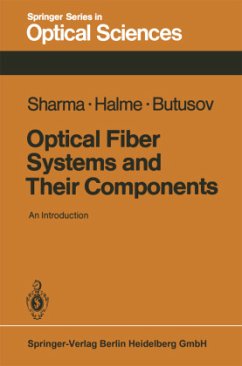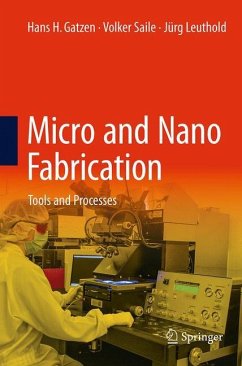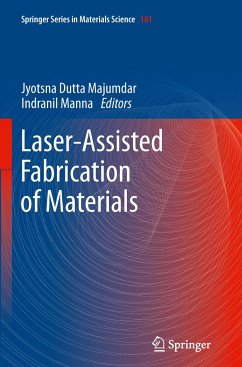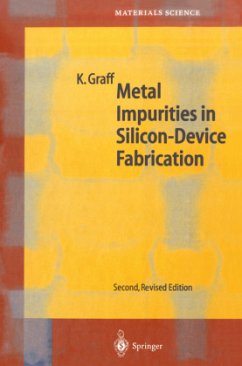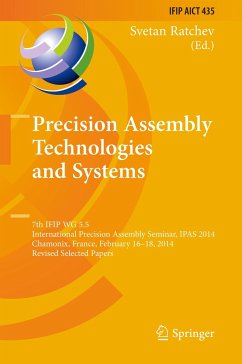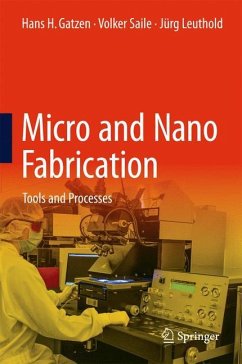
Fabrication of Complex Optical Components
From Mold Design to Product
Herausgegeben: Brinksmeier, Ekkard; Riemer, Oltmann; Gläbe, Ralf M.
Versandkostenfrei!
Versandfertig in 6-10 Tagen
125,99 €
inkl. MwSt.

PAYBACK Punkte
63 °P sammeln!
High quality optical components for consumer products made of glass and plastic are mostly fabricated by replication. This highly developed production technology requires several consecutive, well-matched processing steps called a "process chain" covering all steps from mold design, advanced machining and coating of molds, up to the actual replication and final precision measurement of the quality of the optical components. Current market demands for leading edge optical applications require high precision and cost effective parts in large volumes. For meeting these demands it is necessary to ...
High quality optical components for consumer products made of glass and plastic are mostly fabricated by replication. This highly developed production technology requires several consecutive, well-matched processing steps called a "process chain" covering all steps from mold design, advanced machining and coating of molds, up to the actual replication and final precision measurement of the quality of the optical components. Current market demands for leading edge optical applications require high precision and cost effective parts in large volumes. For meeting these demands it is necessary to develop high quality process chains and moreover, to crosslink all demands and interdependencies within these process chains. The Transregional Collaborative Research Center "Process chains for the replication of complex optical elements" at Bremen, Aachen and Stillwater worked extensively and thoroughly in this field from 2001 to 2012. This volume will present the latest scientific results for the complete process chain giving a profound insight into present-day high-tech production.




